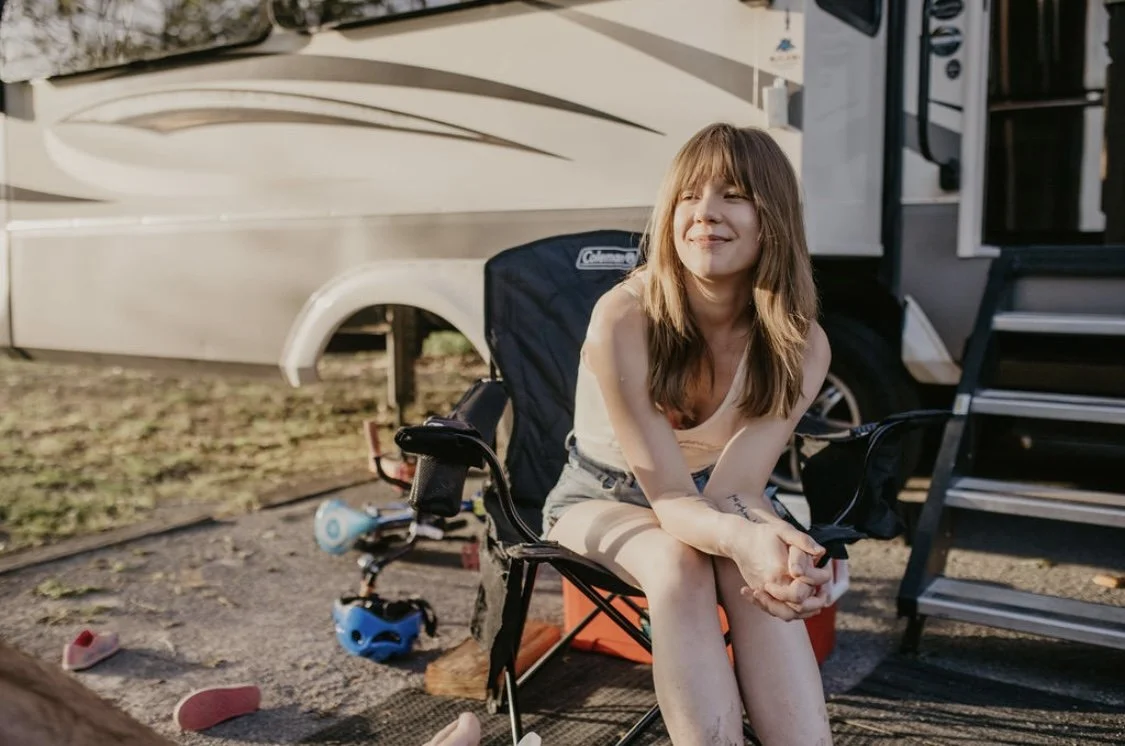
‘Put down the weight of your aloneness.’
-David Whyte
Welcome. I’m Betsy (she/her) (LPC-MHSP (t)). An adoptee. A partner. A parent. A [rusty] writer. A morning person. One of those happy clappy group exercise instructors. And yes, a therapist. I’ve been a figure skater, a bookseller, a hospital chaplain, and a college professor—so how did I land here?
My initiation into human pain and suffering began in a pediatric burn hospital where I was a patient for much of my adolescence. I began to learn how to hold space for others and they for me. We held on together so we could let go. It’s what I’ve had the gift of doing ever since—these days, the form this most often takes is therapist.
Joy to me is a freezing winter day among the bare trees in Percy Warner Park, long novels that illuminate the transcendence of ordinary life, intergenerational community, regular loops around antique malls, and my husband and teenage son slowly turning me into a sports fan. I’m grounded by Silence, rituals for embodiment, and the practice of doing only one thing at a time.
When Words Fall Short
Before I became a therapist, I assumed therapy was all talk. After all, it's mostly how we see it depicted in media—how we hear it suggested to someone who's in crisis or stuck in a pattern: 'Maybe you should talk to someone?' Don't get me wrong, talk is important—it builds connection and reminds us of the transformative power of active listening and being met in our questions. But what about our troubles that live below language? The parts of us that are perhaps oldest and closest. Deeply felt, yet hard to articulate. Experiences like complex trauma, attachment wounds, religious trauma, and grief and loss may need more than talk to heal.

